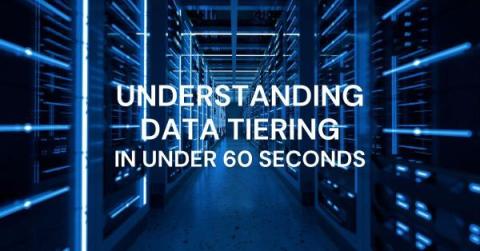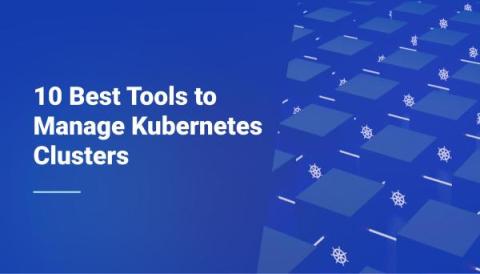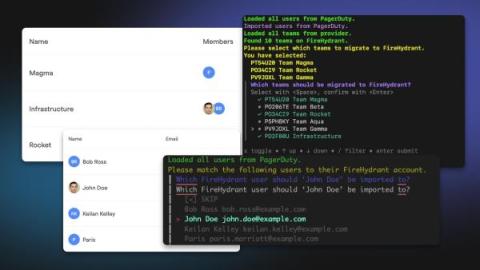Square Pegs, Round Holes: The Challenge of Integrating MELT Data into Traditional Data Warehouses
This is the first in a series of blog posts about the disconnect between modern IT and security teams and the vendors they’re forced to work with. If you’re looking for the second and third posts, you can find them here and here. Imagine this scenario: You’re grappling with the ever-escalating costs of your legacy solutions. What’s the logical next step? For many, it’s exploring the new wave of tools emerging, such as data warehouses.











